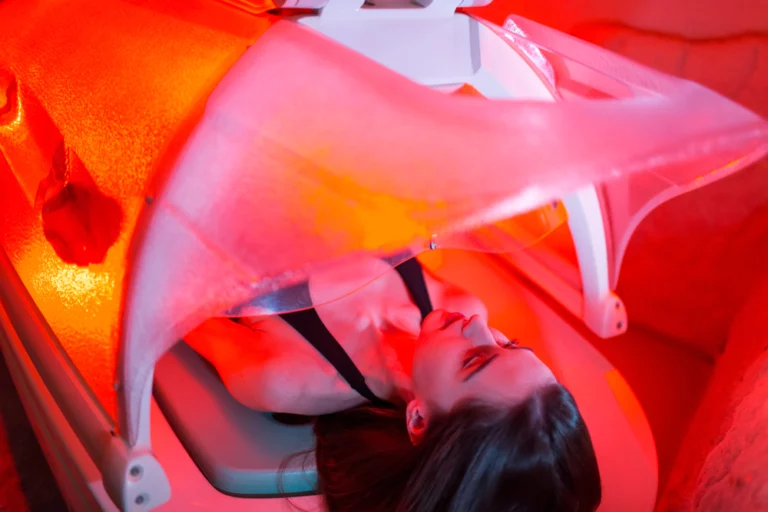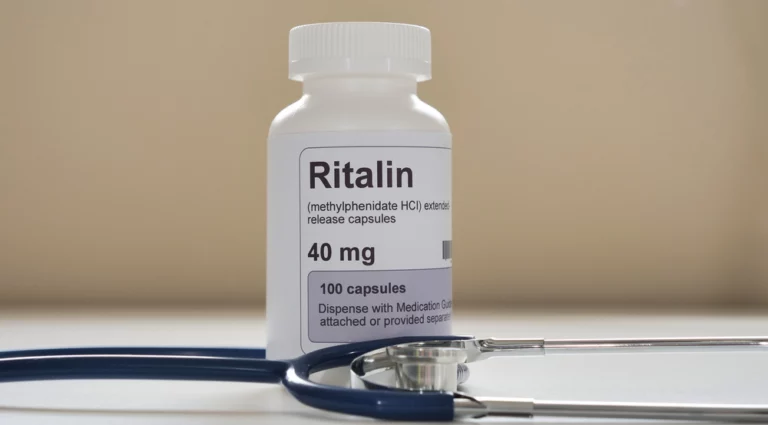Overcoming drug and alcohol addiction is a multifaceted process that requires a combination of effective addiction therapies tailored to address the unique needs of each individual. Several evidence-based and holistic therapies have proven effective in aiding recovery. This blog explores some of these therapies and highlights the comprehensive treatment programs offered by Knoxville Recovery Center, Oasis Recovery Center, and Asheville Detox Center.
Cognitive Behavioral Therapy (CBT)
One of the most effective therapies for addiction treatment is Cognitive Behavioral Therapy (CBT). CBT helps individuals identify and change destructive thought patterns that lead to harmful behaviors. At Knoxville Recovery Center, CBT is used extensively to treat both alcohol and drug addictions. By recognizing the triggers and underlying psychological issues that contribute to addiction, patients learn to develop healthier coping mechanisms and avoid relapse triggers (Knoxville Recovery Center) (Knoxville Recovery Center).

Holistic Therapy
Holistic therapy addresses the physical, emotional, mental, and spiritual aspects of addiction. Knoxville Recovery Center offers a range of holistic therapies, including yoga, art therapy, meditation, and breathwork. These therapies aim to restore balance to the mind and body, helping individuals reclaim inner peace and focus on their recovery journey (Knoxville Recovery Center). Additionally, Oasis Recovery Center incorporates holistic approaches into their programs, offering activities like adventure therapy to enhance the recovery process.
Individual and Group Therapy
Both individual and group therapies are crucial components of addiction treatment. Individual therapy provides a safe space for patients to explore personal issues and develop tailored strategies for overcoming addiction. Group therapy, on the other hand, fosters a supportive community where individuals can share their experiences and learn from each other. Group therapy emphasizes the importance of both types of therapy in comprehensive treatment programs. This combined approach can be particularly effective, as it addresses both the individual’s internal struggles and the benefits of shared experiences.
Medical Detox
A crucial first step in many addiction treatment plans is medical detox. This process involves safely managing the physical symptoms of withdrawal under medical supervision. Asheville Detox Center provides 24/7 clinical support to ensure patients are comfortable and safe during this critical phase. Their specialized staff helps mitigate the risks associated with detoxification and prepares individuals for the next steps in their recovery (Knoxville Recovery Center).
Adventure Therapy
Adventure therapy is an innovative approach that incorporates physical activities into the treatment process. Activities such as hiking, rock climbing, and canoeing help individuals build confidence, develop problem-solving skills, and foster a sense of accomplishment. Adventure therapy is part of the holistic approach to addiction treatment, providing patients with a dynamic and engaging way to work through their recovery. More information on adventure therapy can be found through the American Psychological Association.

Medication-Assisted Treatment (MAT)
For some individuals, medication-assisted treatment (MAT) can be a valuable component of their recovery plan. MAT combines medications with counseling and behavioral therapies to treat substance use disorders. Medications such as methadone, buprenorphine, and naltrexone can help manage withdrawal symptoms and reduce cravings. Both Asheville Detox Center and Knoxville Recovery Center offer MAT as part of their comprehensive treatment programs, ensuring that patients receive the support they need.
Support Systems and Aftercare
Building a strong support system is essential for long-term recovery. Aftercare programs help individuals transition back into their daily lives while maintaining sobriety. Aftercare can include ongoing counseling, support groups, and access to community resources. The role of aftercare in addiction treatment is critical for maintaining long-term sobriety and can involve a range of supportive measures tailored to the individual’s needs.
Family Therapy
Family therapy is another crucial component of addiction treatment, focusing on the family unit’s dynamics and how they impact an individual’s addiction. This therapy helps family members understand the addiction process, develop healthy communication skills, and rebuild trust. Effective family therapy can significantly improve treatment outcomes by providing a strong support system and addressing any co-dependency or enabling behaviors. For more information, check out family therapy on Psychology Today.
Dual Diagnosis Treatment
Many individuals struggling with addiction also face co-occurring mental health disorders, such as depression, anxiety, or PTSD. Dual diagnosis treatment addresses both the addiction and the mental health disorder simultaneously, providing a more comprehensive approach to recovery. Knoxville Recovery Center offers specialized programs for dual diagnosis, ensuring that both aspects of an individual’s health are treated. For more on dual diagnosis treatment, refer to WebMD.
Nutritional Therapy
Nutritional therapy is an important aspect of holistic addiction treatment. Proper nutrition can aid in the recovery process by restoring physical health, improving mood, and reducing cravings. Nutritional therapy programs often include meal planning, education on healthy eating habits, and supplementation to address deficiencies caused by substance abuse. Learn more about the benefits of nutritional therapy.

Art Therapy
Art therapy provides a creative outlet for individuals to express their emotions and experiences related to addiction. This form of therapy can help individuals process trauma, reduce stress, and improve mental health. Art therapy is often used in combination with other therapies to provide a well-rounded approach to addiction treatment. Discover more about art therapy.
Equine Therapy
Equine therapy involves working with horses to promote emotional growth and healing. This therapy can help individuals develop trust, improve communication skills, and build self-confidence. Equine therapy is a unique and effective approach to addiction treatment that complements traditional therapies. Find out more about equine therapy.
Mindfulness and Meditation
Mindfulness and meditation practices can help individuals develop greater self-awareness, reduce stress, and improve emotional regulation. These practices are often incorporated into addiction treatment programs to help individuals stay present and focused on their recovery journey. Explore the benefits of mindfulness and meditation.
Exercise Therapy
Exercise therapy is an integral part of holistic addiction treatment. Regular physical activity can improve mental health, reduce cravings, and promote overall well-being. Exercise therapy programs may include activities such as yoga, running, and strength training. Learn more about the impact of exercise on addiction recovery.
Music Therapy
Music therapy uses the therapeutic power of music to address emotional and psychological needs. This form of therapy can help individuals express their emotions, improve mood, and foster a sense of connection. Music therapy is often used as part of a comprehensive addiction treatment program. Discover more about music therapy.

Behavioral Therapy
Behavioral therapy focuses on changing negative behaviors and developing healthier coping mechanisms. This therapy can help individuals understand the root causes of their addiction and develop strategies to avoid relapse. Behavioral therapy is a cornerstone of effective addiction treatment. Explore the principles of behavioral therapy.
Motivational Interviewing
Motivational interviewing is a counseling approach that helps individuals resolve ambivalence about their addiction and commit to positive change. This technique is often used in combination with other therapies to enhance motivation and promote recovery. Learn more about motivational interviewing.
Dialectical Behavior Therapy (DBT)
Dialectical Behavior Therapy (DBT) is a type of cognitive-behavioral therapy that focuses on teaching individuals skills to manage emotions, cope with stress, and improve relationships. DBT is particularly effective for individuals with co-occurring mental health disorders. Find out more about DBT.
Contingency Management
Contingency management involves providing rewards for positive behaviors, such as maintaining sobriety or attending therapy sessions. This approach can help reinforce positive behaviors and discourage substance use. Learn more about the benefits of contingency management.
Connect With Us Now
Reach out to us now for immediate support, or let us know the best time to contact you through our confidential callback service. Your journey to healing is just a conversation away.
Conclusion
By integrating these effective addiction therapies, treatment centers like Knoxville Recovery Center, Oasis Recovery Center, and Asheville Detox Center provide comprehensive and individualized care that supports recovery from addiction. If you or a loved one are struggling with addiction, seeking professional help from these reputable centers can be a crucial step towards a healthier, sober life.








